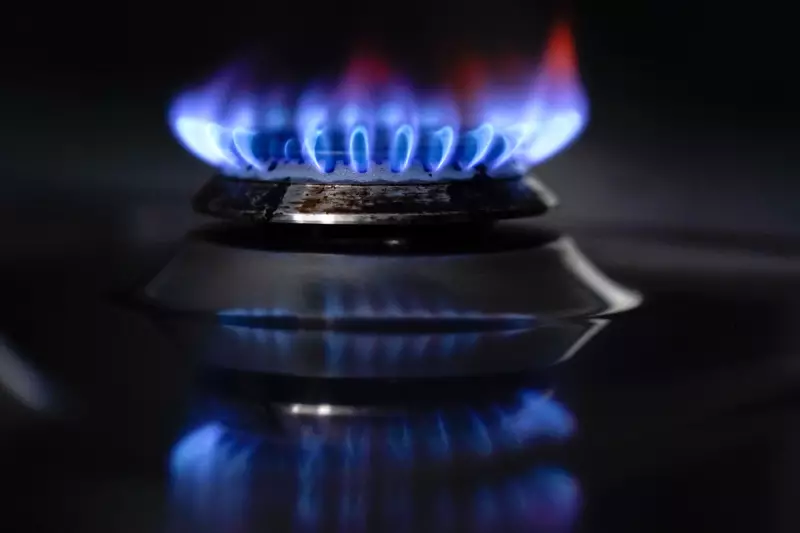
Millions of households across Great Britain are set to face higher energy costs from the start of the new year, after the industry regulator confirmed an increase to its price cap.
The Details of the Price Cap Change
The energy regulator, Ofgem, has announced it will increase its price cap by 0.2%, effective from 1 January. This adjustment means the average annual dual-fuel bill for a household in England, Scotland, and Wales will rise from £1,755 to £1,758.
For the typical home, this translates to an increase of approximately 28 pence per month. It is crucial to understand that the price cap does not set a maximum total bill, but rather a limit on the price per unit of energy and the standing charge for customers who are not on a fixed-term tariff. Your final bill is still determined by how much gas and electricity you actually use.
In a surprising turn, this slight rise comes despite predictions from energy analysts at Cornwall Insight, who had forecast a 1% drop in the cap due to falling wholesale energy prices.
Why Are Bills Rising When Wholesale Prices Are Falling?
Ofgem explained that while wholesale energy costs have indeed stabilised and dropped by 4% over the last quarter, the market remains "volatile". The final calculation for the price cap incorporates more than just wholesale prices.
Other factors contributing to the bill include government policy costs and the operating expenses of energy networks. A specific factor mentioned is the funding for the Sizewell C nuclear project, which is estimated to add around £1 per month to household energy bills.
Tim Jarvis, Ofgem's Director General of Markets, acknowledged the ongoing pressure on household finances. "While energy prices have fallen in real terms over the past two years, we know people may not be feeling it in their pockets," he stated. He emphasised that the price cap acts as a "safety net" but encouraged customers to explore practical ways to reduce their costs.
Reactions and Calls for Government Action
Consumer groups and industry bodies have responded with concern, warning that the increase will be felt acutely during the winter months. Dame Clare Moriarty, chief executive of Citizens Advice, stated that the rise "will mean another tough winter" for the millions of households already in energy debt.
With bills still significantly higher than pre-crisis levels, there are urgent calls for longer-term solutions. Both Citizens Advice and Energy UK, represented by its chief executive Dhara Vyas, are urging the government to use the upcoming Budget to reform how policy costs are funded.
Their proposal involves shifting some levies away from electricity bills and into general taxation, or balancing them more evenly between gas and electricity. This move, they argue, could potentially cut electricity bills by hundreds of pounds, offering crucial relief to those with the most strained budgets.
Ofgem also highlighted that around eight million customer accounts pay by standard credit rather than direct debit. The regulator pointed out that these households could save money by switching their payment method to direct debit.





